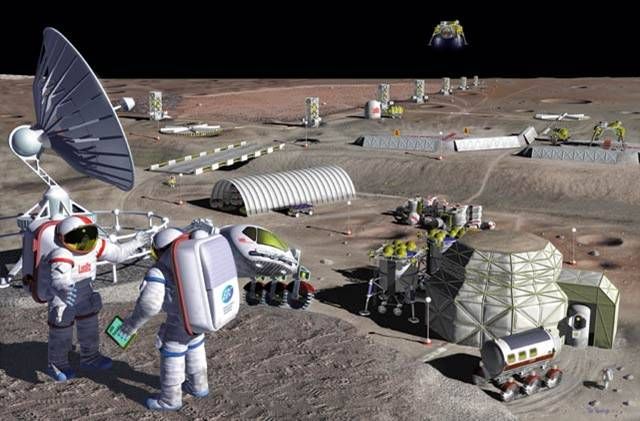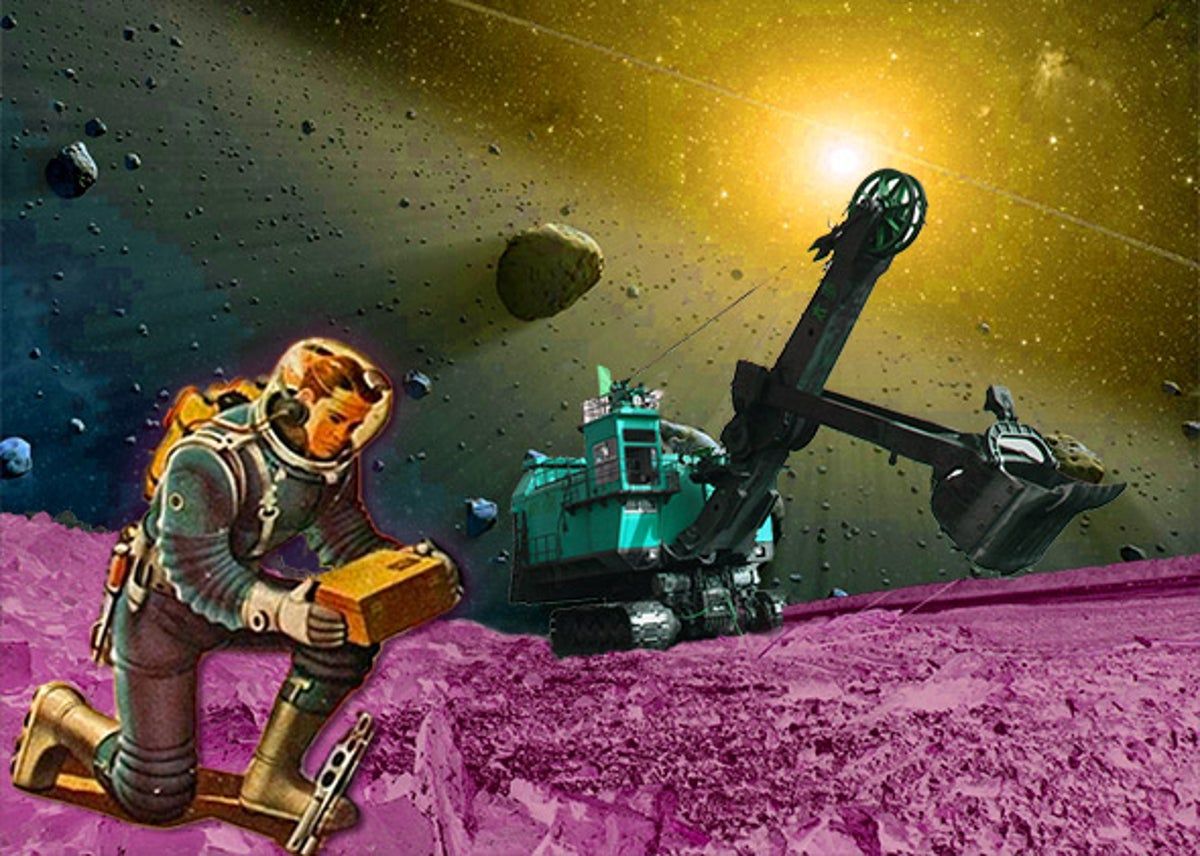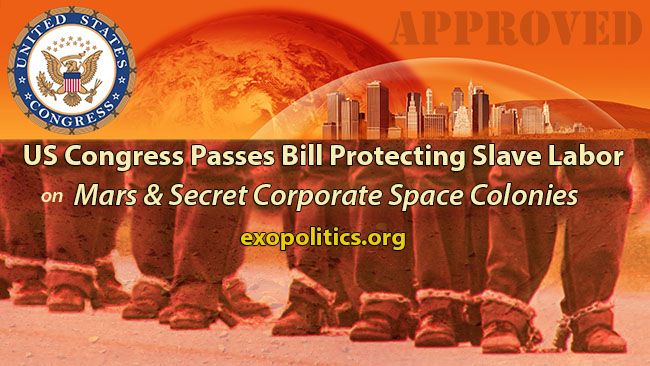Moon Mining Is Gaining Traction, But is Still Far Off
Article by Luke Burgess August 4, 2021 (outsiderclub.com)
• Many have speculated that “space mining” will soon move out of the realm of fiction and into our future reality. Last year, President Trump signed an executive order stating America’s right to explore and use resources from the mining of resources on an asteroid, the Earth’s Moon, a moon of a nearby planet, or one of the nearby planets themselves. But there are realities that will postpone off-Earth mining for decades to come.
• The Moon is rich in metals like iron, aluminum, and titanium. But all of these are also found in great quantities on Earth. Going to the Moon to mine them would be like diving to the bottom of the ocean for a glass of water. According to experts, the Moon’s most critical resources are water, rare earth elements, and helium-3. Water would be useful for lunar agriculture or fuel, but certainly not worth bringing back to Earth. And ‘rare earth elements’ are about as common as most base metals on in the Earth’s crust.
• While 90% of the world’s rare Earth elements are mined in China, the main problem for rare earth production is we simply don’t have good technologies to commercially process these elements from different types of ore yet. Also, rare Earth elements production carries serious environmental risks.
• Helium-3 may be the only resource worth bringing back to Earth for now. Helium-3 is a very rare gas that has the potential to be used as a fuel in future nuclear fusion. But what about the cost of getting there and back? Up until very recently, the expected cost of sending just one pound of material into orbit was over $10,000. SpaceX’s Falcon 9 launch vehicle has drastically brought down those cost expectations, and the company’s Smallsat Rideshare Program is aiming to reduce the cost of mass payloads into a sun-synchronous orbit for $1 million — or $2,500 per pound. But this is still far from economical. For example, if someone were so inclined to put a bulldozer into orbit for whatever reason, it would cost around $50 million. It would cost much more to get a dozer on the Moon to conduct a mining operation.
• Let’s imagine for a moment that a world-changing technology drastically reduces the cost of payload launch to pennies, so that the cost of transporting anything to the Moon is equal to transporting it on Earth. Mining isn’t just showing up and digging. Different types of surveys and mapping need to be completed, and the ideal location must be identified before exploration can begin. On Earth, the process can take five to 10 years. So even if someone started on a project to commercially mine on the Moon today, it would take at least a decade for anything to actually be produced.
• Still, expect human beings to continue to push the space industry forward to improve our day-to-day lives on Earth. Just recently, a group of visionaries walked away from top-level positions at Apple, Amazon, SpaceX, and Tesla to join a small start-up company that’s aiming to create the first daily space delivery service in history. This firm builds rockets faster and 50 times smaller than anyone else in the industry. Says Jason Simpkins, investment director of Wall Street’s Proving Ground, “According to my calculations, this company’s enterprise value could grow 8,933% very soon… even if it captures just a modest share of this market.”
 The idea of extraterrestrial mining has been around for more than a century. In the
The idea of extraterrestrial mining has been around for more than a century. In the 1898 landmark sci-fi novel Edison’s Conquest of Mars, Garrett Serviss’ main characters come across aliens mining an asteroid made of solid gold.
1898 landmark sci-fi novel Edison’s Conquest of Mars, Garrett Serviss’ main characters come across aliens mining an asteroid made of solid gold.
And for decades since, science fiction writers have used asteroid and moon mining as plot devices — from the golden-age sci-fi greats like Isaac Asimov and Richard Heinlein, to modern authors Andy Weir and James S. A. Corey, to big budget Hollywood films “Avatar” (2009) and the “Alien” series (1979–present).

Over the past few years, many have speculated that “space mining” will soon move out of the realm of fiction and into our future reality. Last year the concept was even politicized by then-president Trump when he signed an executive order which stated America’s right

to explore and use resources from outer space. Then, just a month ago, the idea of extraterrestrial mining was reinvigorated with Jeff Bezos’ rocket stunt.
Yet as exciting as the whole idea is — to blast off the Earth to mine new mineral resources — I think it’s important to consider the realities of what extraterrestrial mining will actually require in practice. Because those realities will postpone off-Earth mining for decades to come. Let me explain, but first things first…
Let’s clear up some language…
“Space mining”… Technically speaking, we’re already mining in space. In fact, human beings have never not mined in space. The Earth is flying around in what we call “space.” We’re in space right now. So what we’re really talking about is better called “extraterrestrial mining”… mining that’s done anywhere but Earth.
FAIR USE NOTICE: This page contains copyrighted material the use of which has not been specifically authorized by the copyright owner. ExoNews.org distributes this material for the purpose of news reporting, educational research, comment and criticism, constituting Fair Use under 17 U.S.C § 107. Please contact the Editor at ExoNews with any copyright issue.



